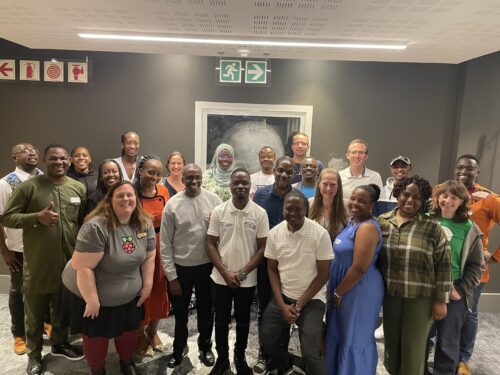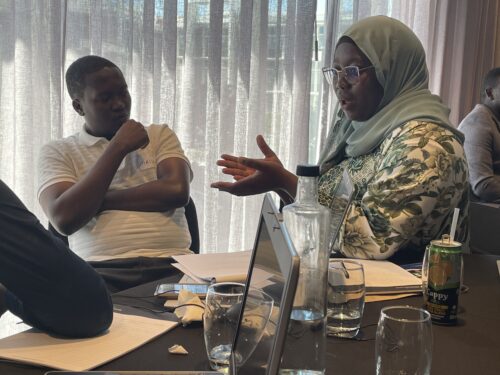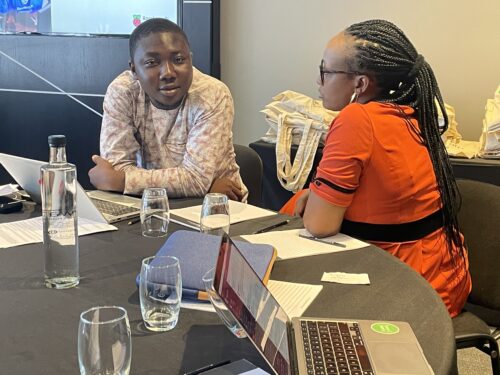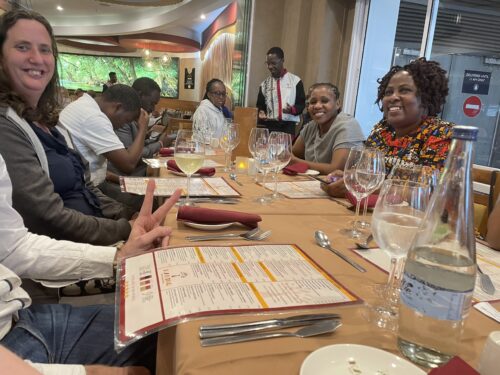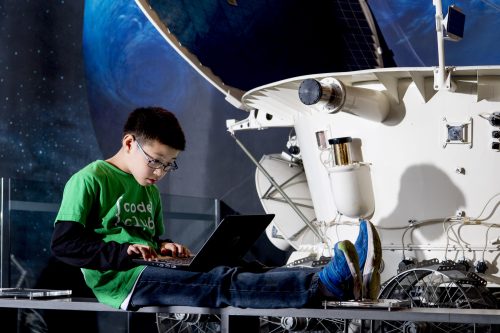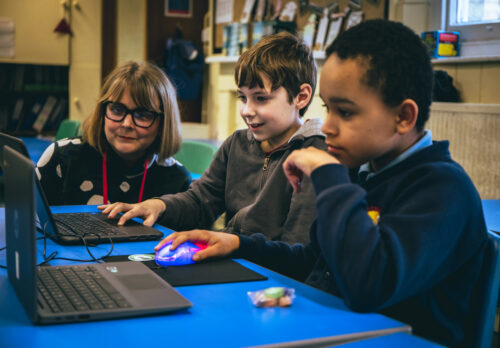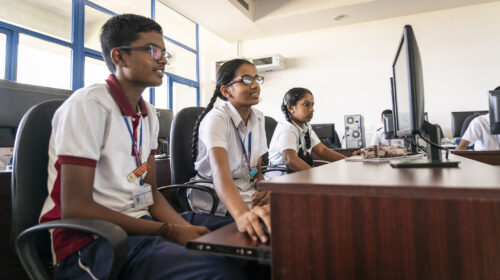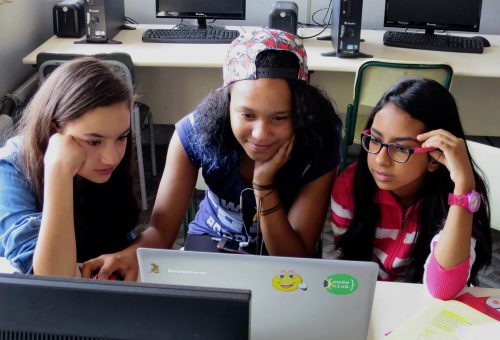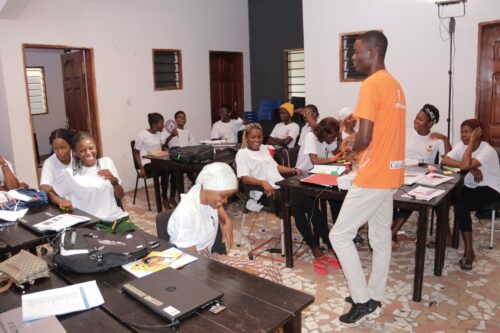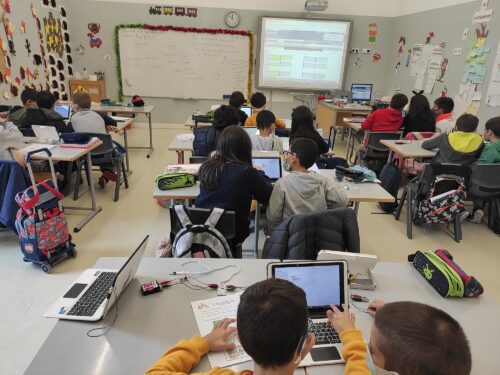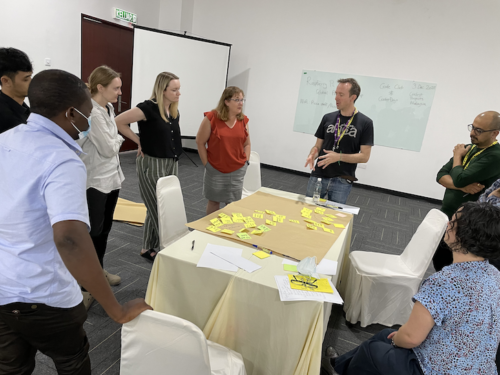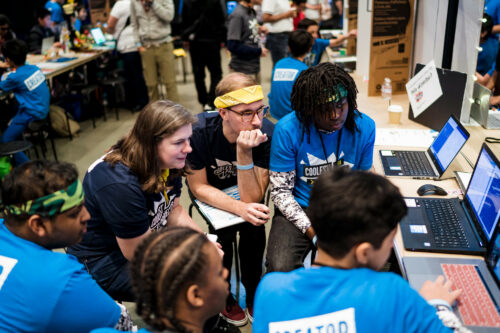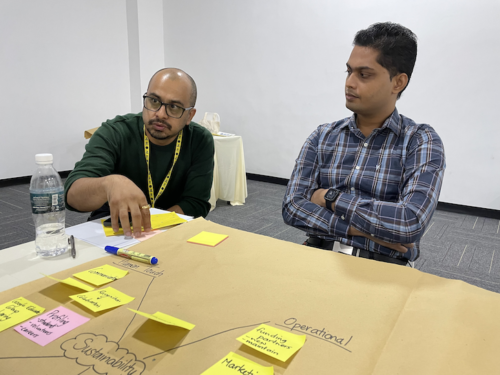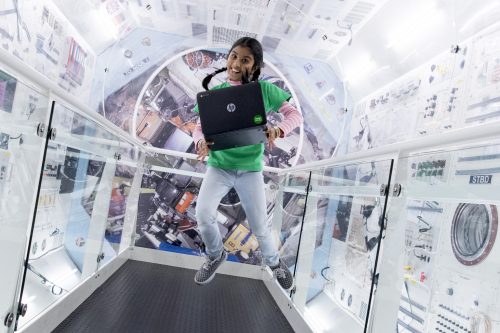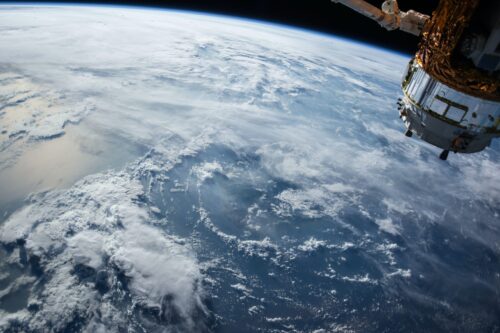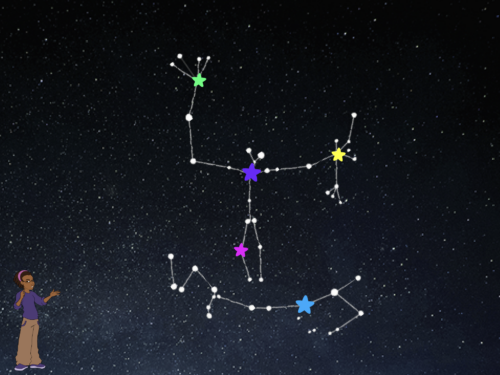Post Syndicated from Isabel Ronaldson original https://www.raspberrypi.org/blog/collaboration-global-clubs-partner-network/
We partner with educational organisations around the world to bring coding activities to young people in their regions through Code Club and CoderDojo. Currently involving 52 organisations in 41 countries, this Global Clubs Partner network shares our passion for empowering kids to create with technology.
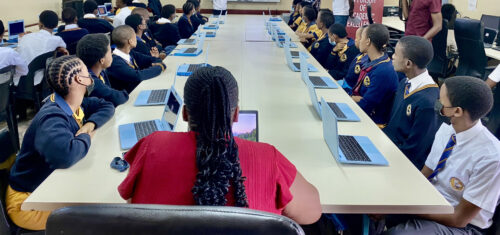
A key aspect of how we foster the Global Clubs Partner network is to promote connections between partners. It’s one reason we host regular online meetings and regional in-person events, and connect partners one on one to facilitate information sharing. Today, we’re highlighting three stories from partner organisations that have benefited from working with each other.
Aruba and the Netherlands
In March 2023, the Foundation hosted the first Clubs Conference for educators and volunteers involved with Code Club and CoderDojo. As this event took place in Cambridge, UK, the majority of attendees were from the UK and Republic or Ireland, but a small number came from further away. Much further away, in some cases.
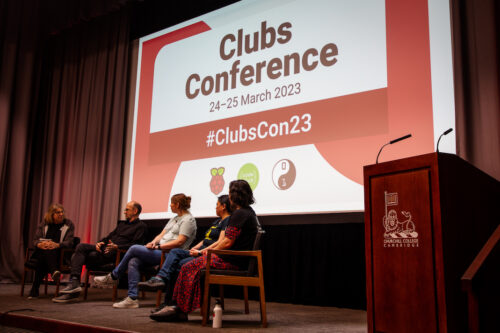
Bruce Harms and his colleague Thanya Croes (Full Stack Vision Foundation, Aruba) were attending the Clubs Conference to share their work to increase digital literacy in Aruba through CoderDojo clubs. At a special conference session for international attendees, they connected with Sanneke van der Meer and Marloes van der Meulen (CoderDojo Netherlands), who were also presenting as part of the session.
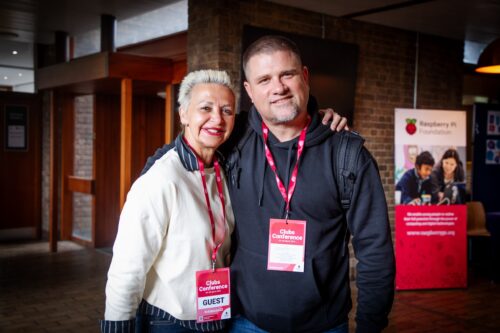
After the Clubs Conference, the two organisations remained in touch. Later in the year, Bruce and Thanya attended the DojoCon Netherlands 2023 in the Hague. ”It was an amazing day with great workshops and lots of other CoderDojo Champions”, Bruce said. He and Thanya have plans to invite the CoderDojo Netherlands team to Aruba and hope to collaborate on future projects together.
Malawi and Tanzania
Sylvester Mtumbuka (Computers for Enhanced Education, Malawi) and Mrisho Habibu (AMCET Innovation Hub, Tanzania) first connected at our Global Clubs Partner meetup in Malaysia in late 2022. Sylvester said: “We were the only ones from Africa there and we are from neighbouring countries. We happen to have a lot of goals in common, and we started discussing possible opportunities for collaboration.”
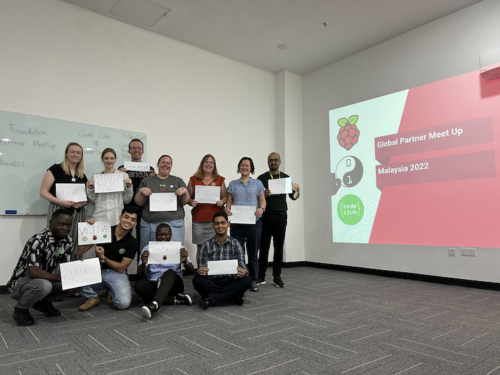
The result is the Tanzania and Malawi (TaMa) Innovation Initiative, which is dedicated to fostering the educational, technological, and entrepreneurial development of young people in Tanzania and Malawi. It aims to empower young people in under-served communities, offering support for sustainable livelihoods and entrepreneurship, and it is already yielding great results.
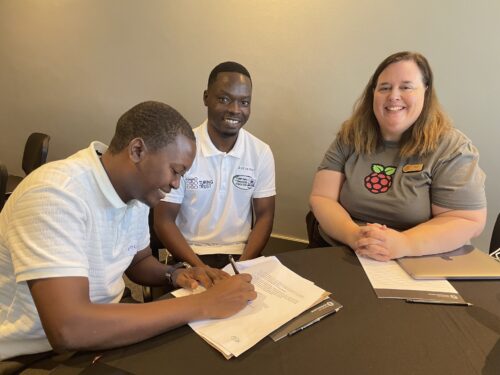
As part of their ongoing partnerships with us, Sylvester and Mrisho attended our Global Clubs Partner meetup in South Africa a year later — the perfect opportunity to sign their partnership agreement.
Greece and Portugal
A chance meeting between Homero Cardoso (TAGUSVALLEY, Portugal) and Manos Zeakis (CoderDojo in Greece) at DojoCon Netherlands 2022 in Almere had unexpected consequences. “We discussed a lot of things, including the difficulty in finding venues for our Dojos in Greece”, Manos said. “Then in October 2023, we met at a Global Clubs Partner call and we talked again. With Homero’s help I contacted a Greek company, and they were immediately enthusiastic about helping us. After a few weeks, the Nea Ionia Dojo was live and the first Ninjas had their first session!”
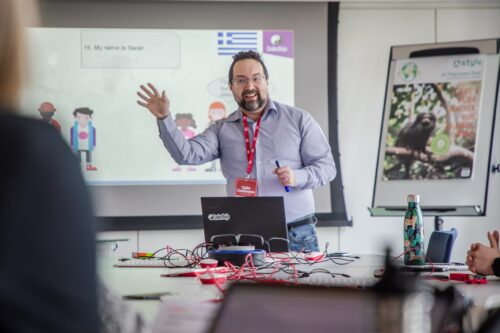
Homero added: “Getting to know Manos was transformative for me as well. Because of that chance encounter in Almere, this year 7th and 8th grade students are participating in Astro Pi Mission Zero for the first time, mostly due to the inspiring example of Manos’s United Dojos project presented at DojoCon.”
Could your organisation become a Global Clubs Partner?
To find out more about our Global Clubs Partner network and how your organisation might get involved, visit the CoderDojo or Code Club websites, or contact us directly about a partnership.
The post Fostering collaboration in the Global Clubs Partner network appeared first on Raspberry Pi Foundation.
